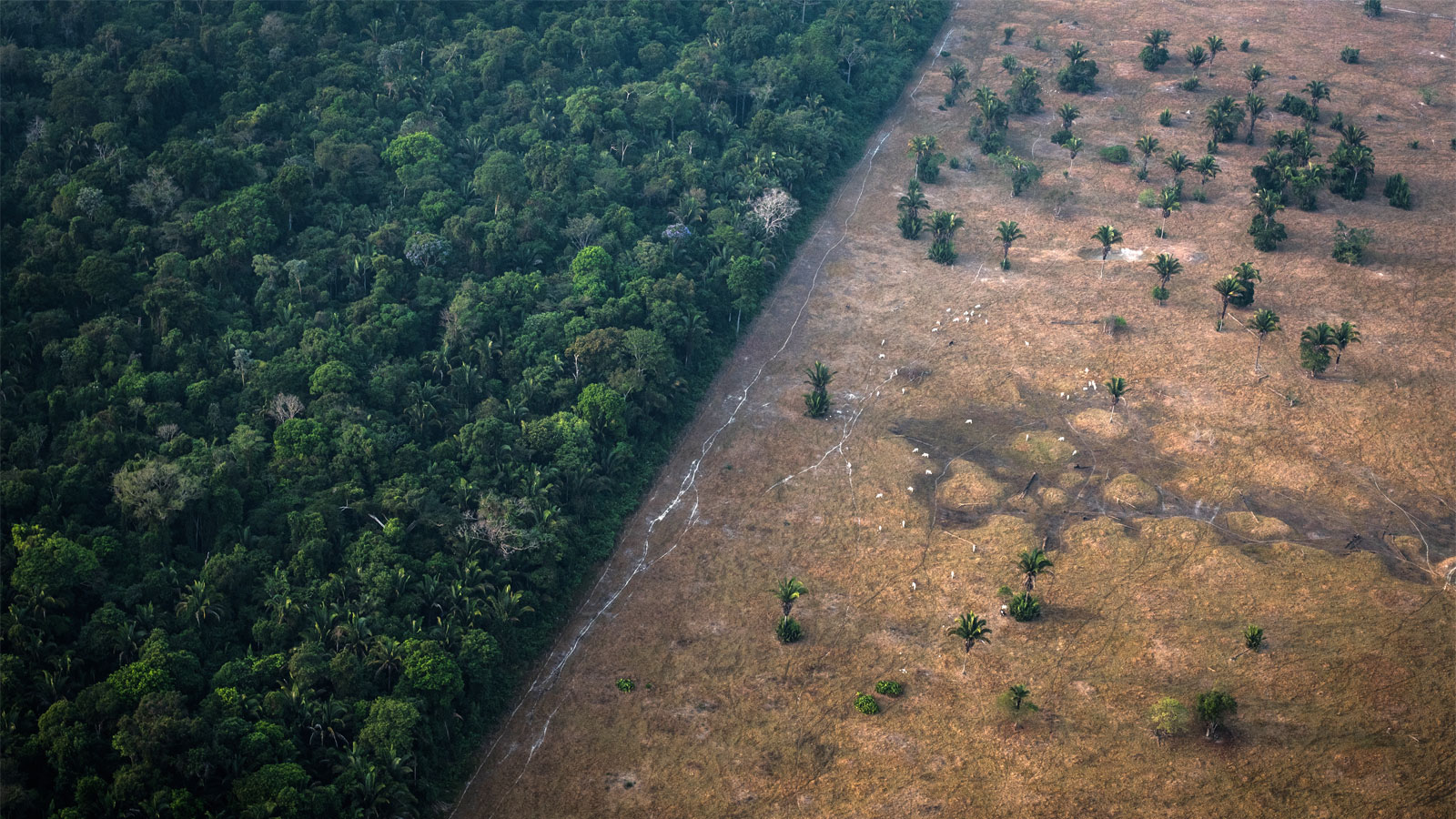While a majority of the world signed up to end deforestation at the United Nations climate conference in November, most of the globe’s most influential businesses and financial institutions are still lagging on the issue. That’s according to a report released by the U.K.-based nonprofit Global Canopy.
The report, known as the Forest 500, identifies 350 companies and 150 financial institutions that deal in commodities linked to deforestation, and assesses them annually based on their commitments to end deforestation. According to the report most of the identified businesses and financial institutions have not made commitments to eliminate deforestation-related products from their respective supply chains and investments, and those that have are doing little to meet those goals.
Ending deforestation is seen as a crucial step in limiting the impacts of climate change, as the world’s forests absorb roughly one-third of carbon emissions annually.
“Last year saw unprecedented political action as more than 140 governments recognized the urgent need to protect forests, yet most companies and financial institutions with the greatest ability to halt deforestation are doing little or nothing,” said Global Canopy executive director Niki Mardas in a statement. “As major consumer governments start to translate these commitments into hard and fast legislation, businesses which have not taken deforestation seriously are woefully unprepared and face real risks.”
Of the 350 companies with supply chains linked to deforestation, one-third have no commitment to end deforestation while three-quarters have no commitments to address all the deforestation-related products in their supply chains.
Businesses involved in the soy, beef and palm-oil supply chains, for example, make up just over half of the Forest 500 companies. Those commodities are often produced in tropical regions, replacing large swaths of forest in the process. According to the report, 64 percent of food-sector companies involved in beef supply chains and 58 percent of companies in soy supply chains do not have deforestation commitments.
The 150 financial institutions identified in this year’s report provided more than $5.5 trillion to companies involved in forest-risk supply chains, while “doing little to ensure [the companies] are not driving deforestation,” the report states. Researchers found that 93 of the financial institutions surveyed have no deforestation policies related to their investments and lended nearly $2.6 trillion to companies in forest-risk supply chains.
Yet even among the companies and institutions that have set deforestation commitments, the authors note, many of them lack effective implementation strategies. Almost one-third of companies with at least one deforestation commitment do not monitor their own suppliers to ensure compliance, and 47 percent do not publicly report the volume of forest-risk commodities they used.
Along with recommending that companies and institutions implement stronger deforestation policies, Global Canopy calls on governments to enact legislation that will spur action in the private sector.“It’s really disappointing that there are still so many companies and financial institutions that haven’t set any deforestation policies at all,” the report’s co-author, Emma Thomson, told Inside Climate News. “There is no solution to the climate crisis without a solution to deforestation.”




